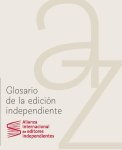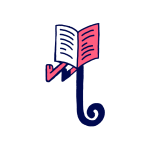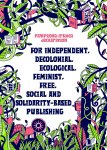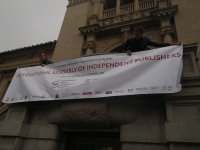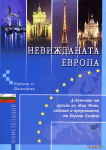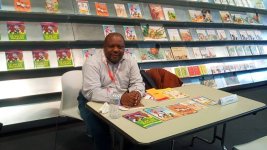
Là où les hommes d’Europe sont en lutte ou en coexistence forcée avec la nature, les Chinois sont, selon la tradition confucéenne, en symbiose, en communion, en dépendance mutuelle. « Nous nous regardons, le ciel et moi, sans nous lasser », chante le célèbre poète Li Po, cité par Mme Yue Dai Yun. Plus encore : à lire les innombrables légendes que rapporte cette dernière, l’homme est, ou devient la nature : combien de jeunes filles, de dieux ou de déesses (anciens humains) ont-il ainsi été transformés en collines, et leurs larmes en torrents ? La montagne, l’eau de la rivière, l’immensité des mers ne sont pas, en Chine, des choses, mais des réalités vivantes qui s’imposent à l’homme et lui enseignent le temps, la mort, l’infranchissable. Dès lors, nous dit Yue Dai Yun, il faut « éviter de se contraindre et surtout de s’opposer à la nature pour s’adapter à soi-même ». La nature est en effet, pour beaucoup de Chinois, la source et non l’objet de la spéculation intellectuelle. Rien de tel, par exemple, que de grimper pour penser : « La succession des montagnes n’a pas de limites pour les Chinois, car elle symbolise l’élévation de leur esprit et l’élargissement de leur pensée ». Ne cherchons pas partout dans ces deux textes l’opposition Orient-Occident. La vénération chinoise pour les reliefs élevés, qui vient d’être évoquée, ne rejoint-elle pas notre propre tradition, celle du Sinaï ou du Thabor, sans oublier la montagne du fameux Sermon ? Nos mystiques seraient-elles à l’opposé, quand les Chinois disent, selon Yue Dai Yun : « Il y a des montagnes au-delà des montagnes ; il y a un autre monde au-delà du nôtre » ? Et la Chine aurait-elle le monopole de l’émerveillement ? La magie des produits de la nature, que les femmes Miao, en automne, rapportent sur les marchés, de ces fruits sauvages d’un rouge éclatant, de ces feuilles de palmiers, Aristote la connut lui aussi, dont Anne Sauvagnargues nous dit que « les idées étaient toujours limpides, pleines de rochers, d’animaux, d’hommes et de ciel étoilé qu’on observe la nuit, allongé sur les terrasses ».
En lisant ces deux textes, très différents, très littéraires, le lecteur est invité à s’intéresser à des visions du monde et de la nature héritées, souvent, d’un lointain passé. Lointain ? Pas tant que cela ! L’histoire du « sauvetage de la lune », auquel participa héroïquement Yue Dai Yun dans son enfance, nous dit assez bien combien les mythes traditionnels imprègnent les hommes et les femmes d’aujourd’hui, et leur donnent, peut-être, la force de se battre pour une nature moins saccagée.
Date de publication : 1999
La rencontre de deux auteurs, l’un français, l’autre chinois, qui, chacun à sa manière, développe des sujets comme le rêve, le goût, la nature, la nuit, la mort, la beauté, etc. 13 titres sont déjà édités dans chacune des deux langues.


















